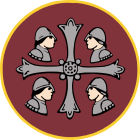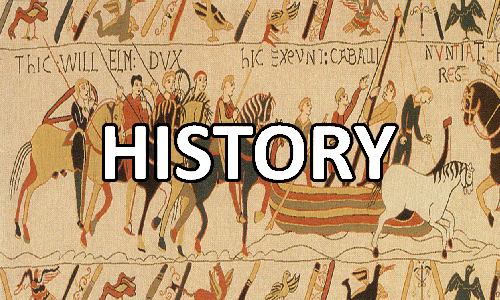Curriculum Intent - HistoryWe aim to deliver an engaging and challenging high-quality curriculum which should inspire in pupils a curiosity and fascination about the Britain’s past and that of the wider world. Our curriculum equips pupils with the knowledge about the history of Britain and how it has influenced and been influenced by the wider world; know and understand about significant aspects of the history of the wider world like ancient civilisations and empires; changes in living memory and beyond living memory; learn about the lives of significant people of the past; understand the methods of historical enquiry and be able to ask and answer questions about the past by using historical sources; select usefulness of the sources by critically evaluating their nature, origin and purpose of sources supporting them to reach a valid and substantiated conclusion. We want the children to develop a historical perspective of the world around them and can make informed decisions. We aim to prepare our pupils effectively for the future to make them confident, responsible members of the school and wider community and to set them on the path to success for their KS4 exams and for their future lives. We aim to inspire children to enjoy and love learning about history by gaining this knowledge and skills, not just through experiences in the classroom, but also with the use of fieldwork and educational visits including links with sustainable development which will also develop their understanding of what it means to be a ‘global citizen’.
|
Implementation
In ensuring high standards of teaching and learning in history, we implement a curriculum that is progressive throughout the whole school. History is taught as part of a termly topic, focusing on knowledge and skills stated in the National Curriculum. We ensure that history enables all children to gain ‘real-life’ experiences. For example, using sources and evidence from the local area to look at how Britain has changed over time from the Anglo-Saxons in KS2 through to the Industrial Revolution in KS3. We also compare and contrast the nature of ancient civilisations and communities with our own history to gain a greater understanding of the past and how it has shaped our world.
Impact
The impact and measure of this is to ensure that children are equipped with historical skills and knowledge that will enable them to be ready for the curriculum at Key Stage 4 and for life as an adult in the wider world. We want the children to have thoroughly enjoyed learning about history, therefore encouraging them to undertake new life experiences now and in the future by teaching them to ask questions, think critically enabling them to develop historical skills enabling them to develop perspective and judgement. Working as a Historian requires a set of skills that are supported by literacy and numeracy; we aim to support the pupil’s journey through the school empowering them to access resources and support to develop their skills and increase their resilience. This forms the essential backbone of what being an Historian is: an idea is developed and then rigorously examined to provide evidence upon which an objective opinion can be formed as to whether the original perspective has changed.
In ensuring high standards of teaching and learning in history, we implement a curriculum that is progressive throughout the whole school. History is taught as part of a termly topic, focusing on knowledge and skills stated in the National Curriculum. We ensure that history enables all children to gain ‘real-life’ experiences. For example, using sources and evidence from the local area to look at how Britain has changed over time from the Anglo-Saxons in KS2 through to the Industrial Revolution in KS3. We also compare and contrast the nature of ancient civilisations and communities with our own history to gain a greater understanding of the past and how it has shaped our world.
Impact
The impact and measure of this is to ensure that children are equipped with historical skills and knowledge that will enable them to be ready for the curriculum at Key Stage 4 and for life as an adult in the wider world. We want the children to have thoroughly enjoyed learning about history, therefore encouraging them to undertake new life experiences now and in the future by teaching them to ask questions, think critically enabling them to develop historical skills enabling them to develop perspective and judgement. Working as a Historian requires a set of skills that are supported by literacy and numeracy; we aim to support the pupil’s journey through the school empowering them to access resources and support to develop their skills and increase their resilience. This forms the essential backbone of what being an Historian is: an idea is developed and then rigorously examined to provide evidence upon which an objective opinion can be formed as to whether the original perspective has changed.



